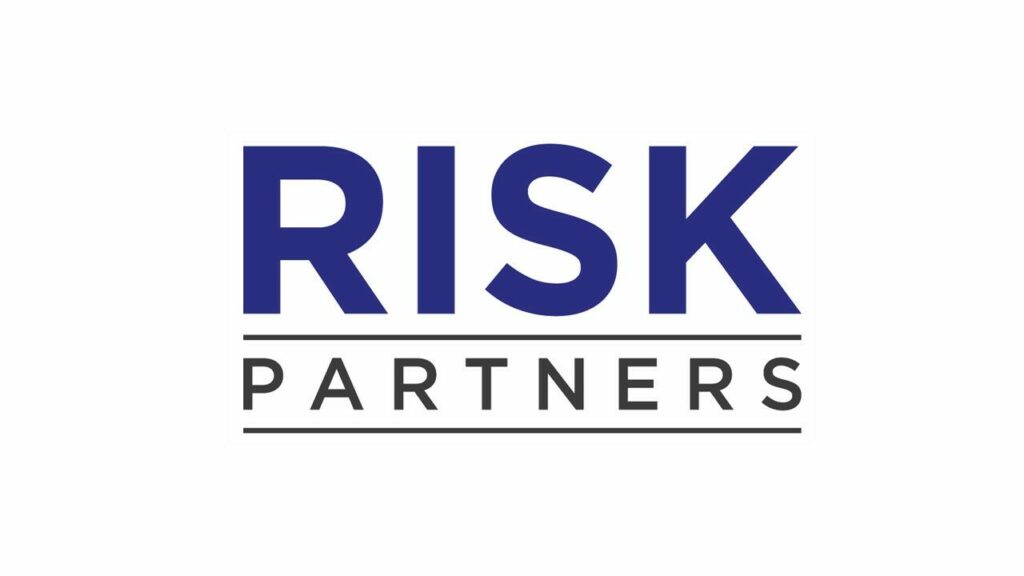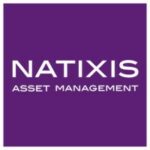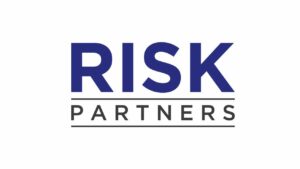Within Financial Services there are many qualifications that can help progress your career. Continued learning is important to many employers, but given the many choices out there, which qualifications are right for you?
RISK MANAGEMENT
1) FRM (Financial Risk Manager) – GARP
Course Link: https://www.garp.org/frm
Summary: “Recognized in every major market, the FRM is the leading certification for risk managers. It is consistently in demand by nearly every major bank and firm in the world, and is awarded only to professionals who demonstrate the knowledge and ability to anticipate, respond, and adapt to critical risk issues.”
Suitable for: Everyone in Risk Management
Fees: Part 1 (USD 950 / GBP 700), Part 2 (USD 750 / 550 GBP)
Our thoughts: “FRM is a widely recognised as one of the market leading qualifications and will enhance your CV. We feel this is a good qualification and would recommend.”
2) CQF (Certificate in Quantitative Finance) – Fitch Learning
Course Link: https://www.cqf.com/
Summary: “The Certificate in Quantitative Finance (CQF) is designed to transform your career by equipping you with the specialist quant skills essential to success. That’s why the emphasis is on teaching current, real-world techniques you can apply with confidence from the moment you learn them.”
Suitable for: Quant Risk & Modelling professionals
Fees: Level 1 (USD 10,000 / GBP 7445), Level 2 (USD 10,000 / GBP 7445)
Our thoughts: “CQF is a popular course for those looking to supplement their vocational knowledge within the Quant Analytics space. CQF is the market leader for this space and has had some positive feedback from those who have completed.”
3) Managing Operational Risk in Financial Institutions – CISI
Course Link: https://www.cisi.org/cisiweb2/cisi-website/study-with-us/operations/managing-operational-risk-in-financial-institutions
Summary: “The Certificate will equip you with the knowledge and practical techniques to be able to investigate an operational risk incident, manage operational risk in the long term, model appropriate behaviours to support operational risk management in the workplace, and effectively recommend and contribute to measures to enhance the operational risk culture and operational risk management in the workplace.”
Suitable for: Operational Risk professionals
Fees: (USD 500 / GBP 363) + study support fees
Our thoughts: “This is particularly niche course and forms part of the Investment Operations Certificate (IOC). This course would appeal to mid-senior level Operational Risk professionals”.
4) Risk in Financial Services – CISI
Course Link: https://www.cisi.org/cisiweb2/cisi-website/study-with-us/compliance-risk/risk-in-financial-services
Summary: “Risk in Financial Services offers a comprehensive global introduction to the major risk areas in financial services. It addresses international issues, reflecting the needs of a worldwide market, and provides a sound grounding in the principles of the risk management framework, corporate governance and risk oversight. It covers specific techniques used in identifying, reducing and managing operational risk, credit risk, market risk, investment risk and liquidity risk.”
Suitable for: Everyone in Risk Management
Fees: (USD 470 / GBP 347) + study support fees
Our thoughts: “Junior-mid level individuals looking to advance their knowledge in Risk Management. This could be a good course to contribute to internal training sessions run by your company”.
5) Risk Manager Qualification – PRMIA
Course Link: https://prmia.org/Public/PRM/Public/PRM/2019Home.aspx?hkey=70930e7c-622e-4488-b789-8342795ee6f6
Summary: “The Professional Risk Manager (PRM) Designation is a globally recognized, graduate-level risk management credential. Today’s Risk Professionals are expected to know and understand industry best practices and be committed to using them. There is no better way for risk managers to show their commitment than by proving that they have the knowledge, skills, and qualifications to back their experience.”
Suitable for: Risk Managers of varying levels of experience
Fees: (USD 1430 / GBP 1050)
Our thoughts: “A popular course to rival GARPs FRM. Trusted by some of the industry’s biggest names.”
6) International Certificate in Financial Services Risk Management – Institute of Risk Management
Course Link: https://www.theirm.org/qualifications/international-certificate-in-financial-services-risk-management/
Summary: “An introduction to the principles and concepts of risk and risk management in financial services, it explores how to classify risks in a financial services environment and the approaches that are used to identify, assess and treat them.”
Suitable for: Entry level Risk Management professionals
Fees: (USD 2800 / GBP 2095)
Our thoughts: “A good foundation course in Risk Management. Ideal for those without prior Risk management qualifications”.
COMPLIANCE
1) CAMS Certification – ACAMS
Course Link: https://www.acams.org/en/certifications/cams-certification#overview-e1131add
Summary: “In recent years, Financial Crime has hit the headlines, and the spotlight is firmly on compliance. CAMS is an established global qualification that outlines the key principles of money laundering, and how to prevent it. In as little as three months, individuals and teams can be certified as Anti-Money Laundering Specialists.”
Suitable for: Compliance professionals, in particular Financial Crime Officers
Fees: (USD 1695 / GBP 1250)
Our thoughts: “A big hitter in the Financial Crime Compliance academic world. CAMS is globally recognised and is the minimum expectation in a number of FinCrime jobs”.
2) CISI Diploma in Investment Compliance
Course Link: https://www.cisi.org/cisiweb2/cisi-website/study-with-us/compliance-risk/diploma-in-investment-compliance
Summary: “The Diploma in Investment Compliance is suitable for practitioners who are wishing to pursue a career in compliance and, in particular, those employed at a supervisory level aspiring to a senior management role. It is suitable for those working in both wholesale and retail.”
Suitable for: Those ready to push their Compliance career to the next level
Fees: (USD 660 / GBP 490) + study support fees
Our thoughts: “Great for senior level Compliance individuals looking for development. There is a significant time allocation for the course, so do consider this when applying”.
3) ICA Certificate in Compliance
Course Link: https://www.int-comp.org/programme/?title=ICA-Certificate-in-Compliance
Summary: “A practical, introductory-level course that will give you a solid understanding of core compliance issues. Suitable for anyone who wants to learn more about compliance and the regulatory environment as well as those considering embarking on a new career in compliance as a stepping-stone for study at a higher level.”
Suitable for: Entry level Compliance professionals
Fees: (USD 935 / GBP 690)
Our thoughts: “A great starter course for those commencing their career in Compliance”
OTHER QUALIFICATIONS
1) Chartered Financial Analyst (CFA)
Course Link: https://www.cfainstitute.org/en/programs/cfa
Summary: “The CFA Program, awarded by CFA Institute, is the most respected and recognised investment management credential in the world. A self-study, master’s-level qualification, it provides a strong foundation of advanced investment analysis and real-world portfolio management skills that will give you a career advantage”
Suitable for: Buyside based Risk Managers who want to understand the investment management industry in more detail
Fees: (USD 2550 / 1880 GBP) for all 3 levels
Our thoughts: “This is a popular qualification for Investment Risk, Performance Risk or Portfolio Risk professionals with aspiring careers as a Portfolio Manager. This is not an easy course to study and steps up in difficulty at level 3”.
2) Investment Management Certificate (IMC)
Course Link: https://www.cfauk.org/study/imc#gsc.tab=0
Summary: “The IMC is the benchmark entry-level qualification into the UK investment profession. It delivers the threshold competency knowledge required by investment professionals involved in portfolio management, research analysis, and other front office investment activities. The examinations cover the key content areas appropriate for these roles including economics, accounting, investment practice, regulation, and ethics. The qualification is developed, delivered and awarded by CFA UK.”
Suitable for: Investment Management Risk professionals
Fees: Level 1 (USD 530 / GBP 390), Level 2 (USD 560 / 415 GBP)
Our thoughts: “If you are starting out your career on the buyside this is a great course to look at. Could be a great stepping stone for those not quite ready to complete a full CFA”
The Risk Partners are here to help. Working with us will give you access to a wealth of advice, tips and stories from our Partners. We have trodden the paths before, so do let our experts help you.
Get in touch today: contact@theriskpartners.com















